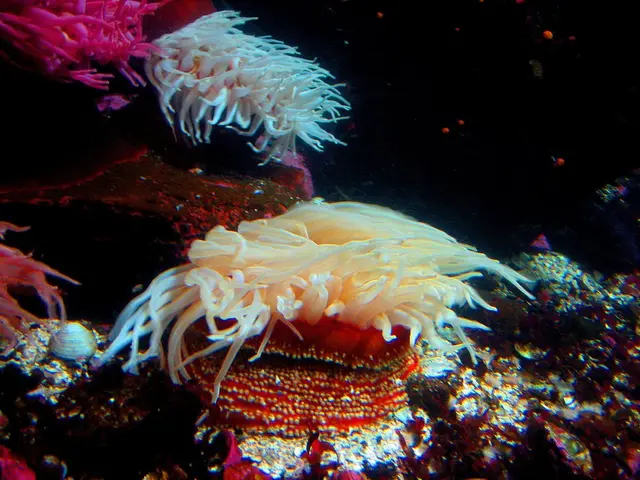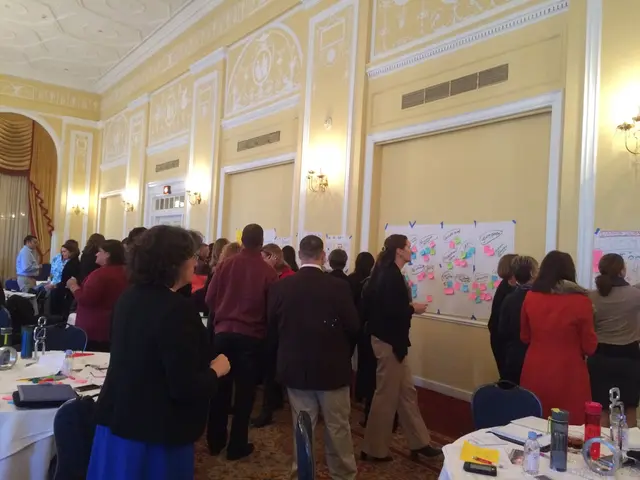Neuss's Rhine District promotes the production of solar energy
Rhein-Kreis Neuss, a county in North Rhine-Westphalia, Germany, has announced the implementation of a funding program to support climate protection and the expansion of renewable energies. The focus of the program is on the acquisition and installation of photovoltaic systems, with a particular emphasis on user-friendly, plug-and-play solutions.
The solar modules supported by the program have a capacity of up to 600 watts (inverter output power). Eligible applicants are tenants or owners of a residential unit in a single-family, two-family, or multi-family home in the Rhein-Kreis Neuss. Funding for photovoltaic system acquisition and installation is provided through a grant of 100 euros or 300 euros if a housing entitlement certificate is presented.
The county is cooperating with the Technology Center Glehn (TZG) in implementing and developing the funding program. Applications for the funding program can be submitted online at the specified website, with detailed funding guidelines and further information available on the same platform.
The implementation of this funding program is a significant step towards supporting and encouraging the use of renewable energy sources in the county. The county's efforts towards the energy transition aim to help citizens reduce their own energy costs while contributing to a greener future.
It's worth noting that Rhein-Kreis Neuss is part of the broader North Rhine-Westphalia region, which is currently witnessing significant hydrogen projects and funding initiatives. The region aims to develop as a hydrogen hub, with ongoing projects and support from government bodies. The EU is also involved, with a joint application aiming to develop the Rhein-Ruhr region, including Rhein-Kreis Neuss, into a leading hydrogen region.
For specific details on eligibility, application procedures, and funding amounts for this energy transition funding program in Rhein-Kreis Neuss, it is recommended to consult the official Rhein-Kreis Neuss district administration or environment/energy department websites, the NRW state government’s energy or climate action portals, federal funding portals such as those run by the German Federal Ministry for Economic Affairs and Climate Action or NOW GmbH, and local energy agencies or chambers of commerce in the Rhein-Kreis Neuss area.
- This funding program in Rhein-Kreis Neuss emphasizes both climate protection and the expansion of renewable energy, focusing particularly on photovoltaic systems, inclusive of user-friendly solutions.
- The photovoltaic systems supported by the program can generate up to 600 watts, and residential unit owners or tenants in single-family, two-family, or multi-family homes within Rhein-Kreis Neuss are eligible for grant funding.
- The Technology Center Glehn (TZG) is collaborating with Rhein-Kreis Neuss to implement and develop the funding program, with application submissions accepted online through the designated website.
- The funding program's aim is to facilitate the adoption of renewable energy sources in Rhein-Kreis Neuss, enabling citizens to reduce energy costs and contribute to a sustainable future, as the broader North Rhine-Westphalia region develops hydrogen projects, aiming to become a leading hydrogen hub.




